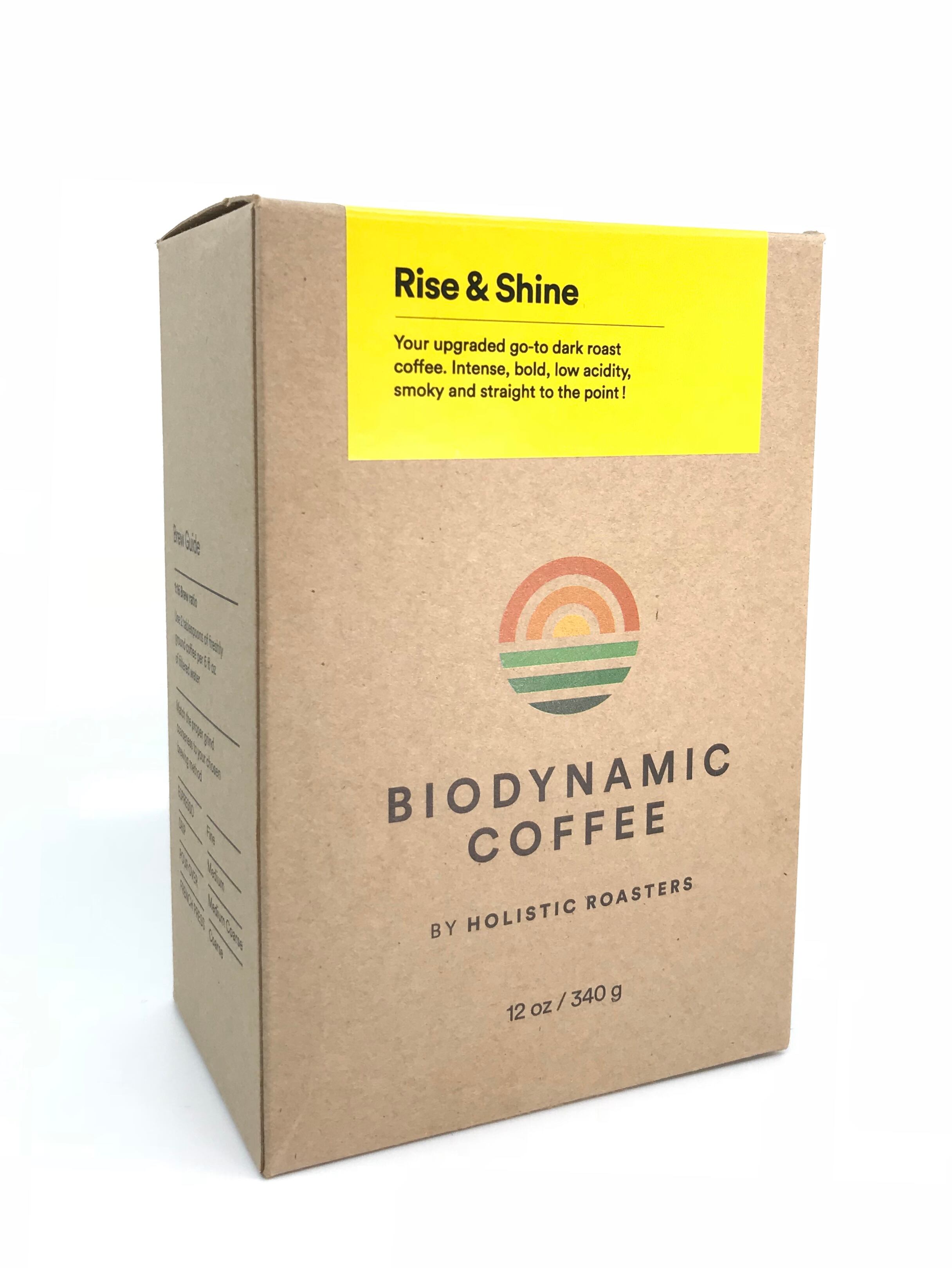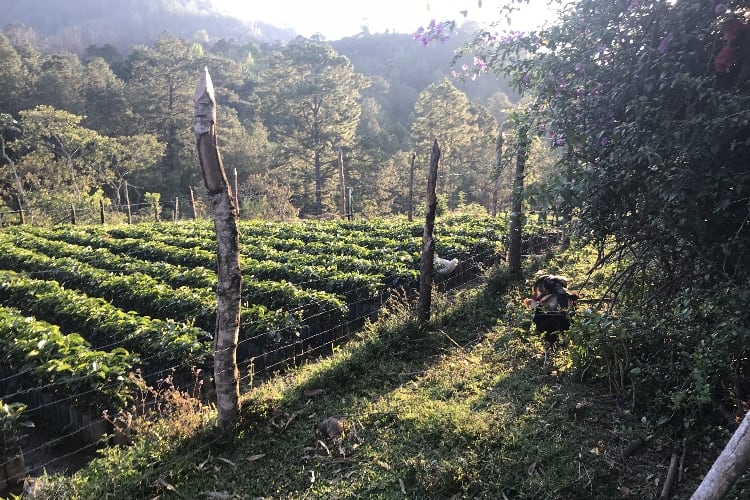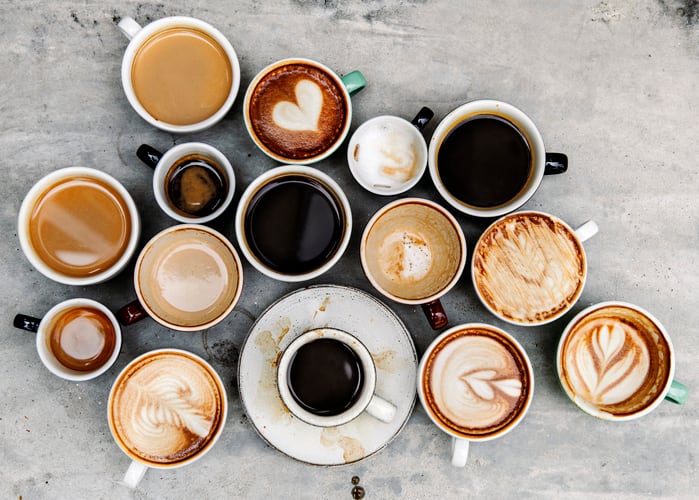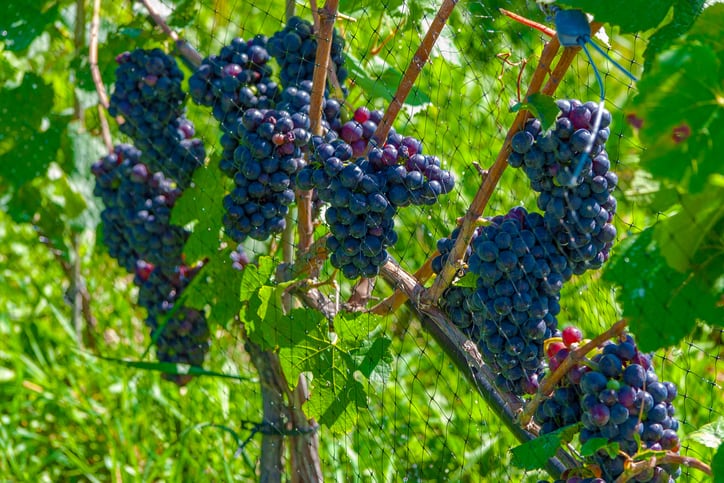Biodynamic farms are viewed as living organisms approached with holistic, ecological and ethical methods in farming, gardening, food and nutrition. A biodynamic farm cultivates biodiversity with plants, animals and "requires the creation and management of a closed system minimally dependent on imported materials, and instead meets its needs from the living dynamics of the farm itself."
Quebec-based coffee distributor Holistic Roasters launched in 2016 from a school fundraising project that sustained through its popularity. It partners with Canadian coffee roasters to distribute specialty coffees from family-run biodynamic farms and cooperatives throughout North America.
Regeneration beyond sustainability
Biodynamic agriculture is similar in method to organic farming with a few key differences. It emphasizes natural materials and soil health by excluding the use of any chemical fertilizers or additives on plants. The biodynamic style considers all aspects in its farming approach, including the crops, animals and ecosystem as one connected unit
According to Holistic Roasters, the traditional practice of fertilizing crops with chemicals damages the soil and leads to soil depletion. It affects the health of the plants and also the farmers who handle the chemicals.
But with compostable packing and natural practices, biodynamic and organic farming can sequester more carbon in the soil, reducing waste and reportedly having an eventual effect on climate change. Holistic Roasters claims biodynamically farmed soil sees a lot more microbial activity, producing stable crops. Organic and other traditional farming methods often harm soil and do little to regenerate soil health.
Biodynamic farming has faced challenges in expanding due to some agriculture researchers dismissing its claims and labeling it a ‘pseudoscience’ . The methods have not been scientifically supported or proven to significantly improve soil and plant health beyond what organic farming already does. But the practice is growing, spreading in the US and to sectors like coffee. Europe has led the biodynamic industry in wine production, with Germany in particular embracing the alternative farming method.

“One of the aims of Biodynamic farming is to improve the natural environment by putting more into the land than is taken out. It’s a self-contained and self-sustaining approach to farming that goes beyond sustainability – it’s regenerative to the earth’s ecosystems and enhances its biodiversity,” said Holistic Roasters.
Gregory Kalinin, president of Holistic Roasters, told BeverageDaily that on biodynamic farms 10% of the land has to be set aside for giving back and helping the environment. He sees its shortcomings in the fact that it’s an education process that may take time to take hold.
But Kalinin also believes that it is “very much on trend in terms of what people are starting to demand” with transparent food and beverage production and options that are clean, healthy and good for the environment.
Transparency and traceability
A big step for legitimizing Holistic Roasters’ methods was obtaining the Demeter International certification. Kalinin estimated that there are only about 10 coffee farms in the world certified by Demeter, the industry leader in biodynamic certifications as well as organic.
During the review process Holistic Roasters studied a similar coffee farm in Honduras and modeled their operations after it. Demeter vetted all aspects of the business, including the sourcing, shipping, warehousing, ¬processing and packaging of green coffee and instant beverages.
Holistic Roasters also added an end-to-end QR code system to track its coffees from the farm to the consumer. Upon receiving the coffee, the consumer can then engage with the product and find out which farm the coffee was made at and when, the coffee varietals and when it was imported.
Dominique Jacques, co-founder of Holistic Roasters, said “Transparency and traceability are extremely important because people want to know where their food and beverages come from as well as how they are grown and processed … It all works to demonstrate that people are getting contaminant-free coffee that is amongst the cleanest and healthiest coffees available.”
The coffee distributed by Holistic Roasters is all packaged in 100% compostable packaging, grown without the use of herbicides, fungicides, pesticides or chemical fertilizers. It can be purchased on its website, as well as at several local grocery stores and cafes in the Montreal area.



